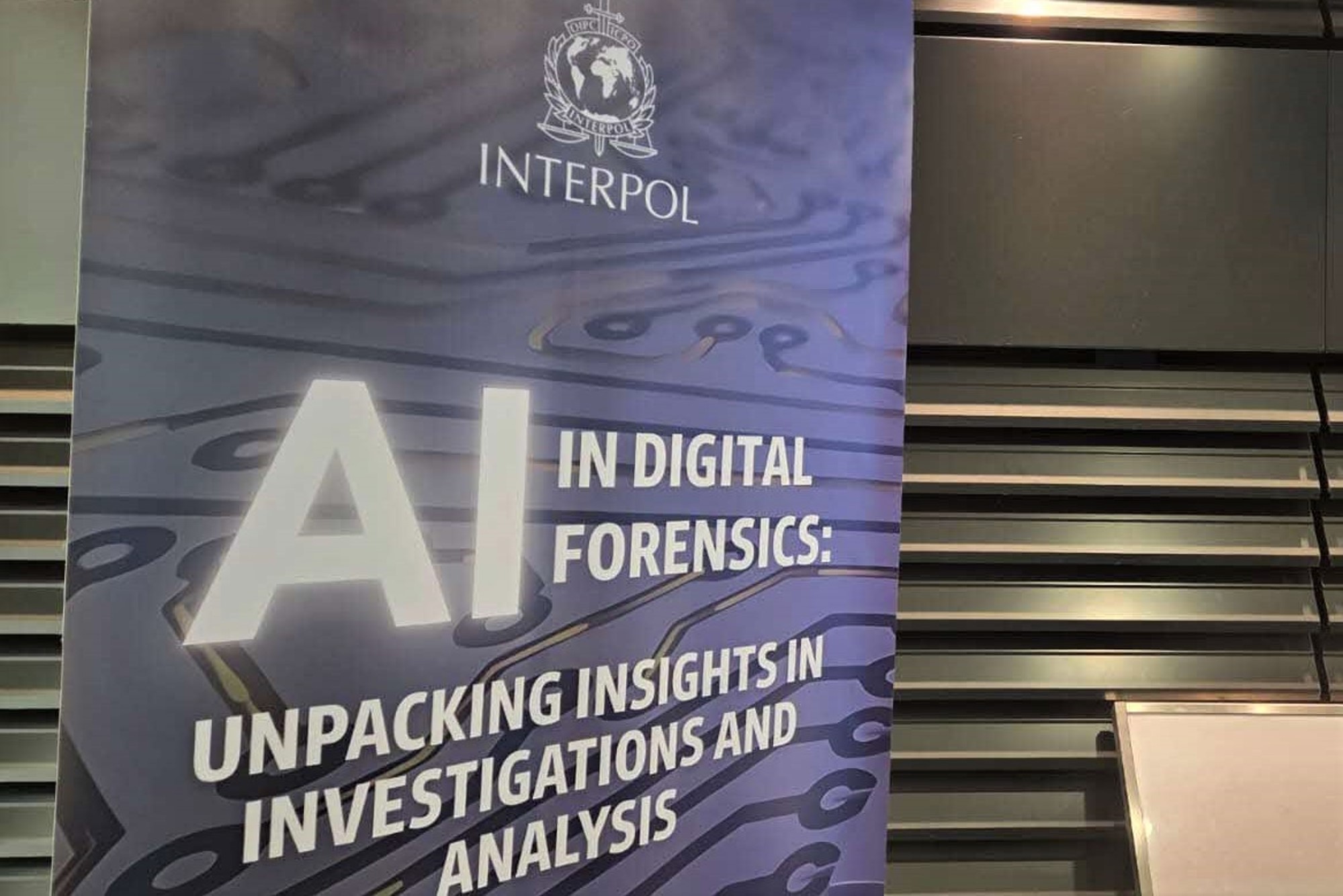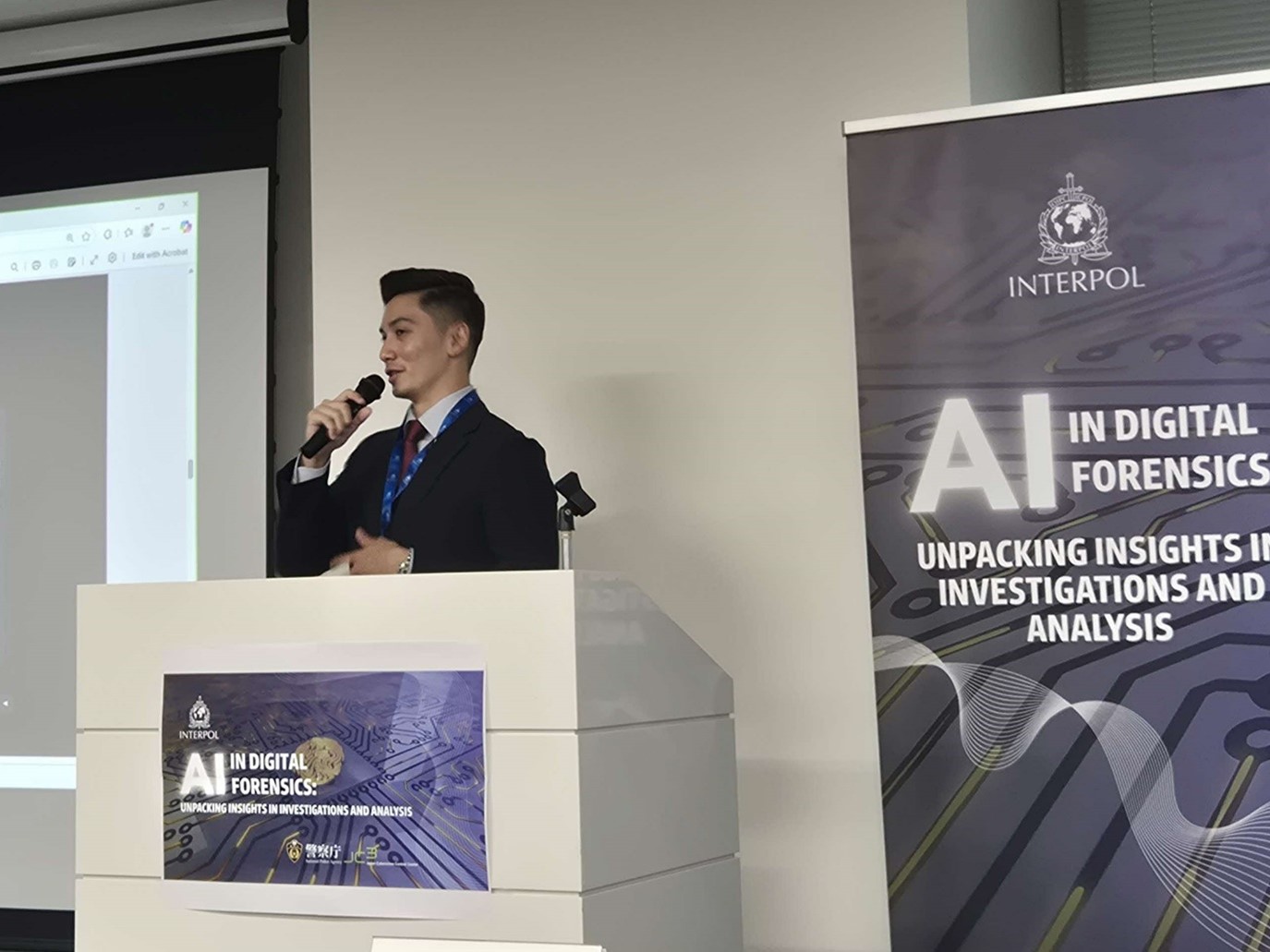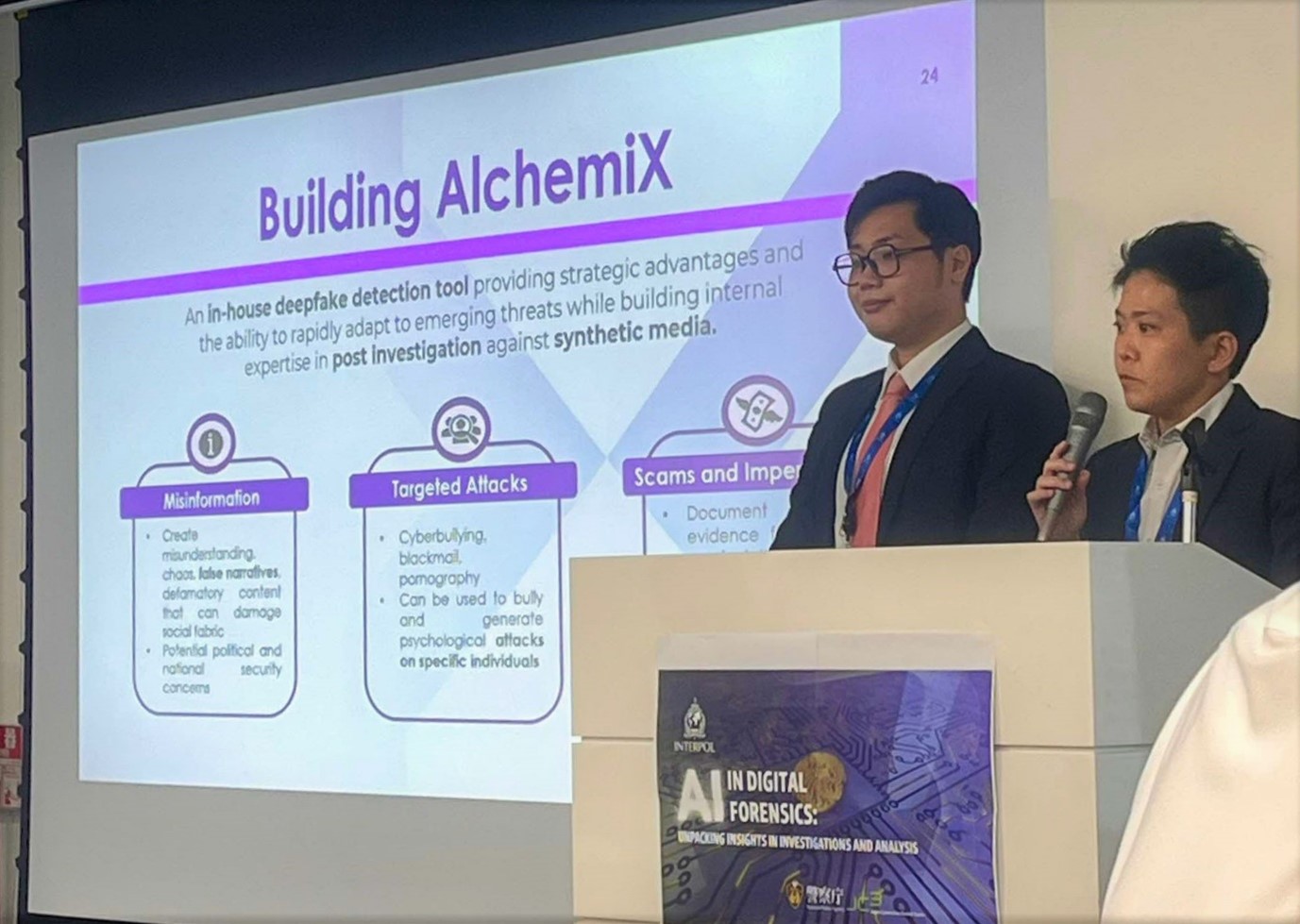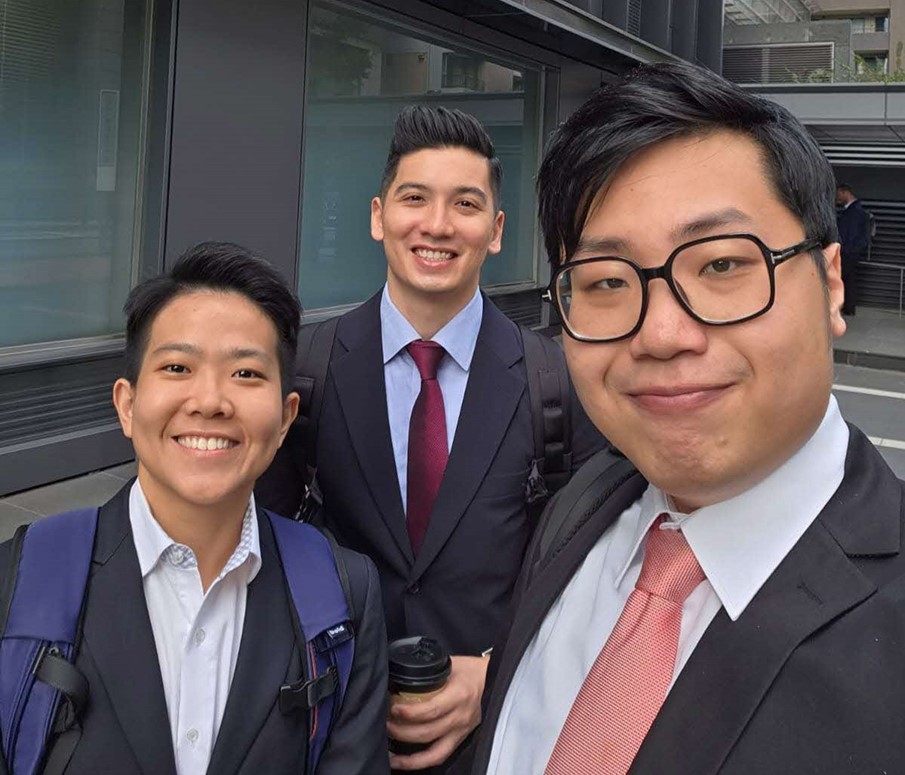 (Photo: HTX)
(Photo: HTX)
HTX showed off its chops in using artificial intelligence (AI) to tackle crimes, to an international audience at the INTERPOL Conference on AI in Digital Forensics: Unpacking Insights in Investigations and Analysis, held in Tokyo, Japan, from 28 to 30 October 2025.
Hosted by INTERPOL’s Innovation Centre alongside the National Police Agency, Japan, and Japan Cybercrime Control Center (JC3), the event was attended by experts from law enforcement, academia and industry, and facilitated discussions on matters related to AI in digital forensics and emerging AI-driven crimes and countermeasures.
Cutting-edge AI solutions
Leaps in AI technology are driving enhanced operational efficiency while simultaneously giving rise to emerging public safety threats. These range from deepfake (realistic-looking videos or audio recordings that are digitally manipulated) impersonation and synthetic identity fraud, to the misuse of generative AI (GenAI) tools to create malicious software – tactics increasingly deployed by sophisticated cybercriminals worldwide.
Such complex threats require coordinated, comprehensive and cutting-edge responses, with countries working together to strengthen both prevention and response capabilities.
To that end, Singapore has adopted a multi-pronged strategy encompassing AI-driven forensic tools, clear regulatory frameworks and robust legislation. This approach was showcased by Ashley Roshan Colombo, a forensic examiner at HTX’s Digital & Information Forensics (DIF) Centre of Expertise (CoE) who is forward deployed to the Singapore Police Force.
 Ashley Roshan Colombo, a forensic examiner at HTX’s Digital & Information Forensics (DIF) Centre of Expertise, during his presentation at Interpol in Japan. (Photo: HTX)
Ashley Roshan Colombo, a forensic examiner at HTX’s Digital & Information Forensics (DIF) Centre of Expertise, during his presentation at Interpol in Japan. (Photo: HTX)
He highlighted the growing prevalence of GenAI-facilitated crime in Singapore – including scams and a case involving the generation of deepfake nudes of students. Ashley also stressed the need for AI tools that deliver fast, user-friendly and interpretable results for investigators, while ensuring forensic examiners have explainable and reproducible methods for incisive, sound analysis.
Building on this, HTX speakers Ng Wai Hung, DIF CoE Lead Engineer (Evidence Analysis), and Priscilla Koh, Acting Head (Tech Management), Sense-making & Surveillance (S&S) CoE, presented HTX-developed digital forensic tool AlchemiX, a deepfake detection system that allows investigators to rapidly adapt to emerging threats while building internal expertise in post-investigation analysis of synthetic media.
They demonstrated how AlchemiX detects even the most realistic deepfakes by spotting subtle physical inconsistencies, analysing multiple faces in a scene and assessing audio for temporal inconsistencies. This allows the tool to highlight manipulated segments rather than providing a simple yes-or-no verdict.
 Ng Wai Hung, DIF CoE Lead Engineer (Evidence Analysis), and Priscilla Koh, Acting Head (Tech Management), Sense-making & Surveillance (S&S) CoE, presenting AlchemiX to the audience. (Photo: HTX)
Ng Wai Hung, DIF CoE Lead Engineer (Evidence Analysis), and Priscilla Koh, Acting Head (Tech Management), Sense-making & Surveillance (S&S) CoE, presenting AlchemiX to the audience. (Photo: HTX)
Staying one step ahead
The presentation underscored HTX’s ability to rapidly iterate tech to tackle ever-evolving cybersecurity threats. Christopher Sia, Director of S&S CoE, expressed his gratitude at the opportunity to spotlight his team’s efforts on a prestigious global platform.
“We look forward to collaborating with agencies worldwide to stay ahead of deepfakes and emerging AI-enabled scams,” he said.
Sharing the honour was Lim Tuan Liang, Director of DIF CoE, who noted the growing synergy between AI deepfake detection and digital forensics in law enforcement.
“HTX previously collaborated with INTERPOL under Project SynthWave, and this conference provides another valuable platform to deepen those partnerships,” said Tuan Liang.
“Looking ahead, the real opportunity lies in harnessing AI not just to detect deception, but to stay one step ahead, ensuring our tools evolve as rapidly as the threats they are designed to counter.”
 The three Xponents looking dapper before their presentations at Interpol Japan. (Photo: HTX)
The three Xponents looking dapper before their presentations at Interpol Japan. (Photo: HTX)

![[MEDIA RELEASE] HTX and Singtel Group deepen partnership to strengthen Singapore’s public safety capabilities](/Cwp/assets/htx/images/listing-card-placeholder.png)